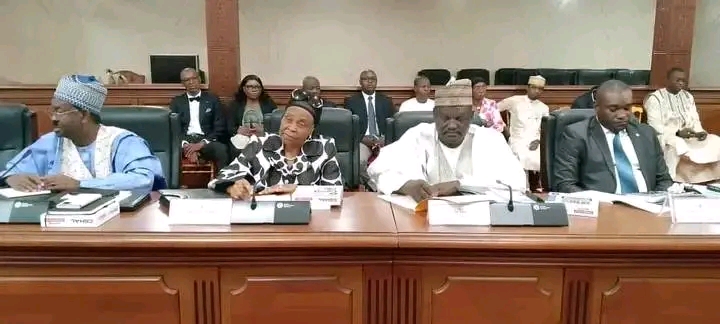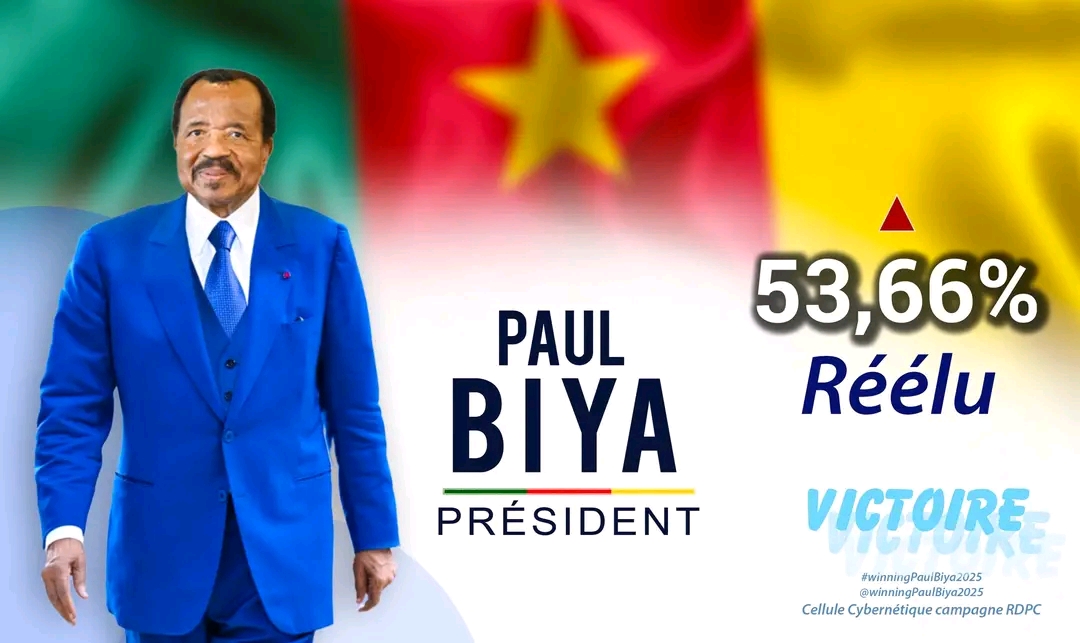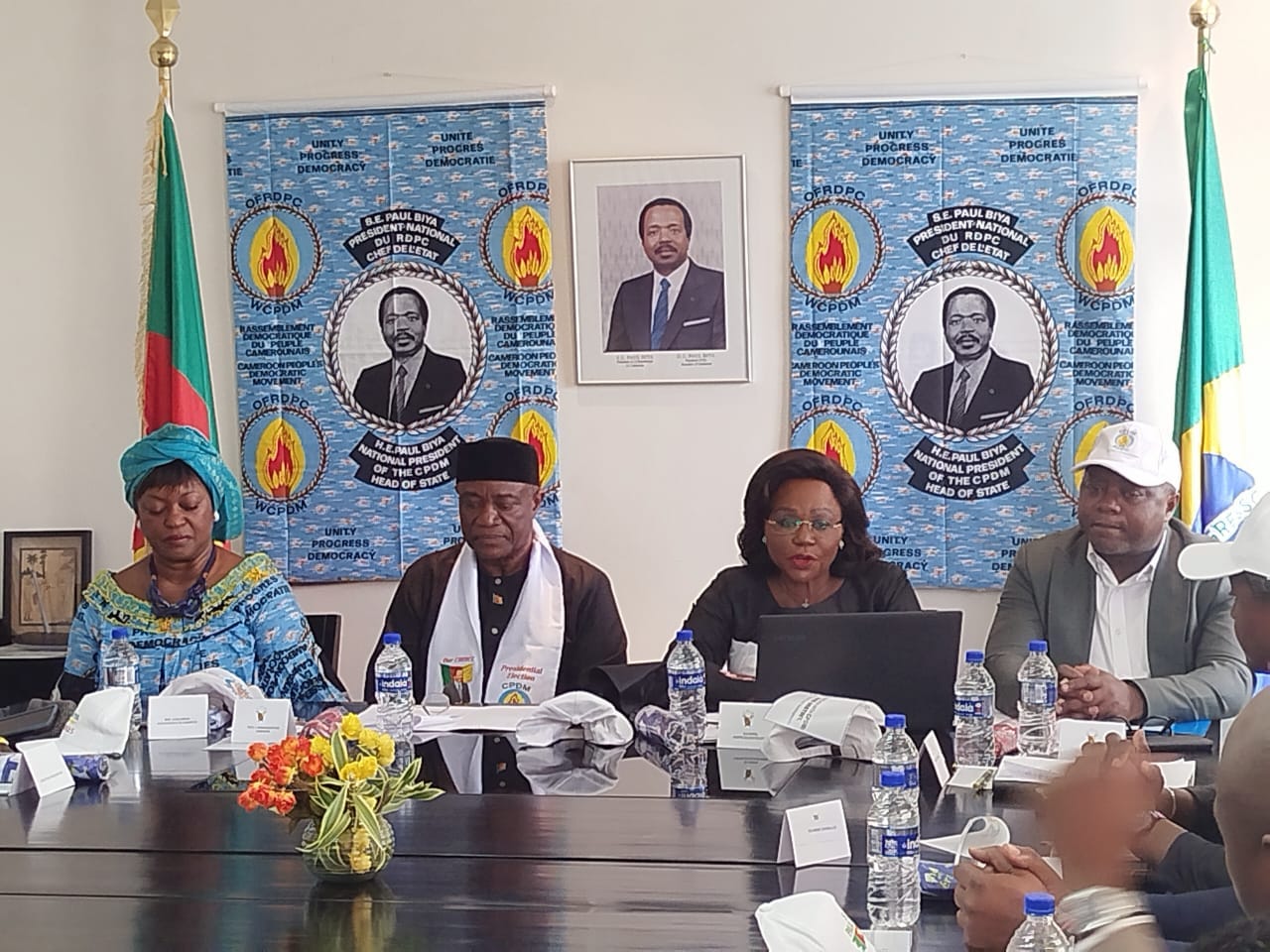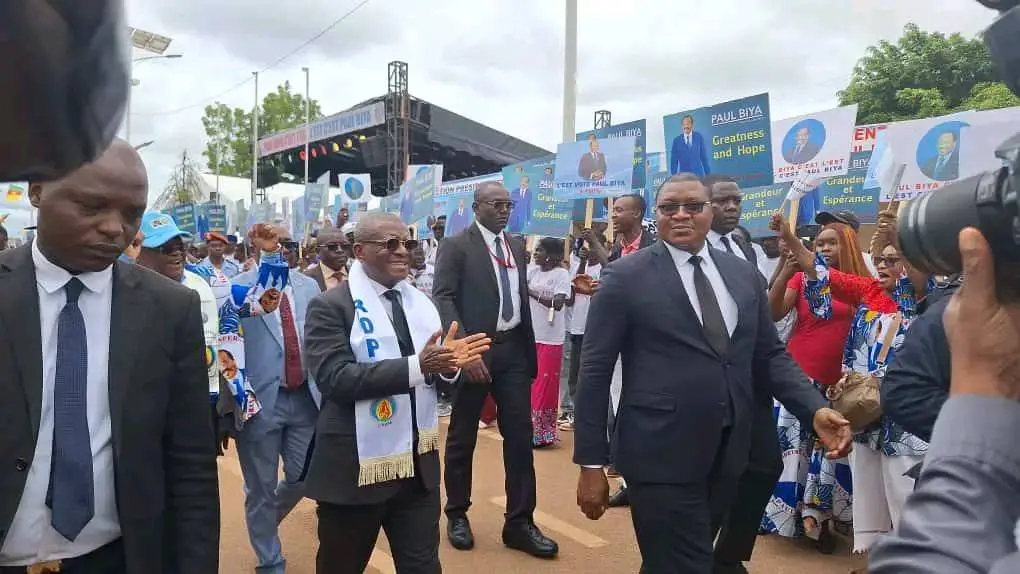The road to Cameroon’s 2025 Presidential Election has entered a decisive phase This Friday morning, the National Commission for the General Tally of Votes officially began its work in Yaounde, marking a pivotal moment in the country’s electoral calendar.
The installation ceremony of the commission’s members took place at the Constitutional Council’s courtroom. The event, attended by senior officials and representatives of political parties, signaled the start of one of the most critical stages of the electoral process — the official counting and verification of votes.
An Experienced Team at the Helm
At the heart of the process stands a team of 25 distinguished members drawn from across the country’s institutions. Their profiles reflect both diversity and expertise — from judicial magistrates to public administration officials, ELECAM representatives, and delegates appointed by each presidential candidate.
Leading this team is Emile Essomé, a seasoned magistrate and member of the Constitutional Council. Reappointed as president of the commission after his first term in 2018, Emile Essomé brings a wealth of experience and a deep understanding of Cameroon’s electoral framework. His leadership is widely viewed as a guarantee of rigor, transparency, and institutional continuity.
A Mission of Precision and Integrity
Under the Electoral Code, the National Vote Tally Commission is tasked with carrying out the general tally of votes based on the reports submitted by departmental commissions. Its mandate also includes correcting material errors and consolidating final figures before transmitting them to the Constitutional Council, which alone has the authority to proclaim the definitive results.
The commission’s work must be completed within five days after receiving all departmental reports — a period that demands both efficiency and absolute precision.
Transparency at the Core
The general tally is conducted publicly, allowing representatives of political parties and observers to follow proceedings in real time. This openness is not just a procedural requirement — it is a cornerstone of democratic accountability.
By ensuring visibility and scrutiny at every step, the process reinforces public confidence in the electoral system and underscores the commitment of institutions to a fair, credible, and transparent election.
A Pivotal Moment for Cameroon
As the commission gets to work, all eyes are now on Yaounde, where the delicate process of vote verification unfolds. The coming days will be crucial in shaping the outcome of Cameroon’s 2025 presidential race, setting the tone for the nation’s next chapter.



